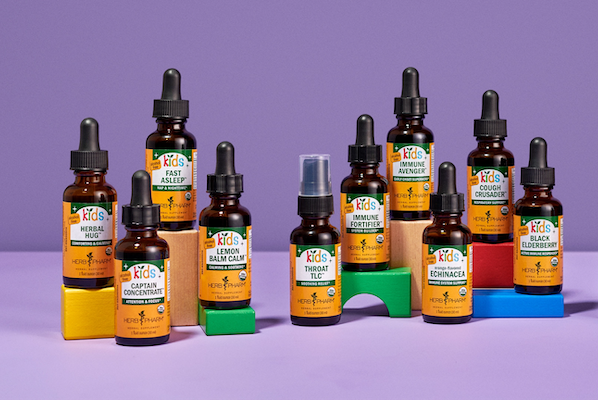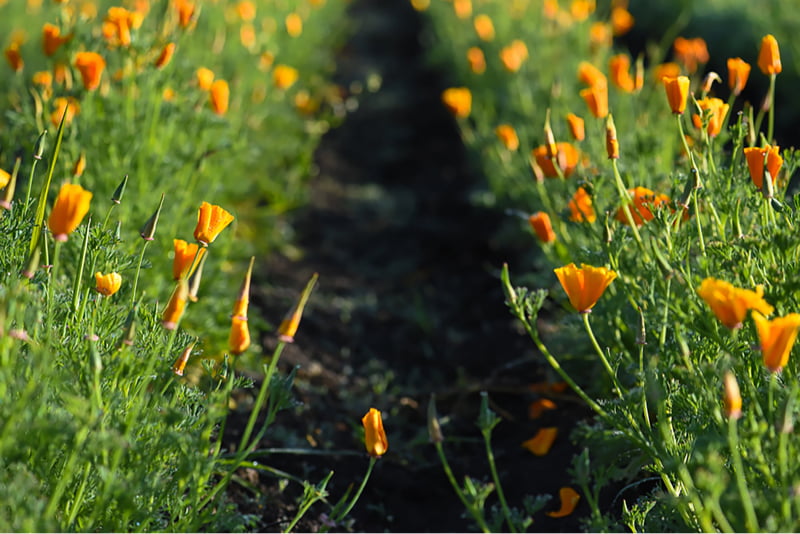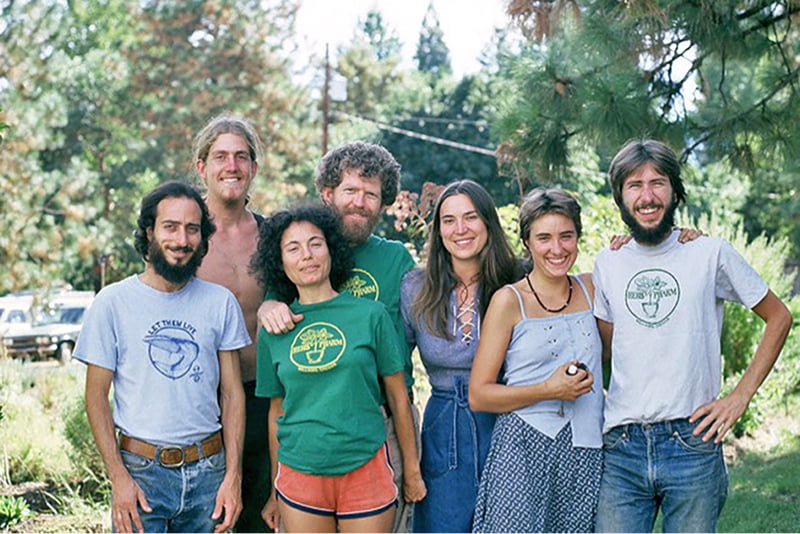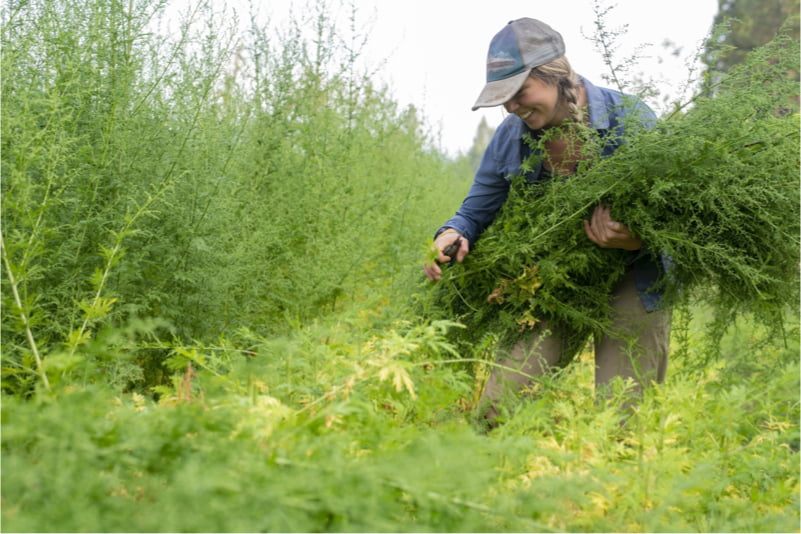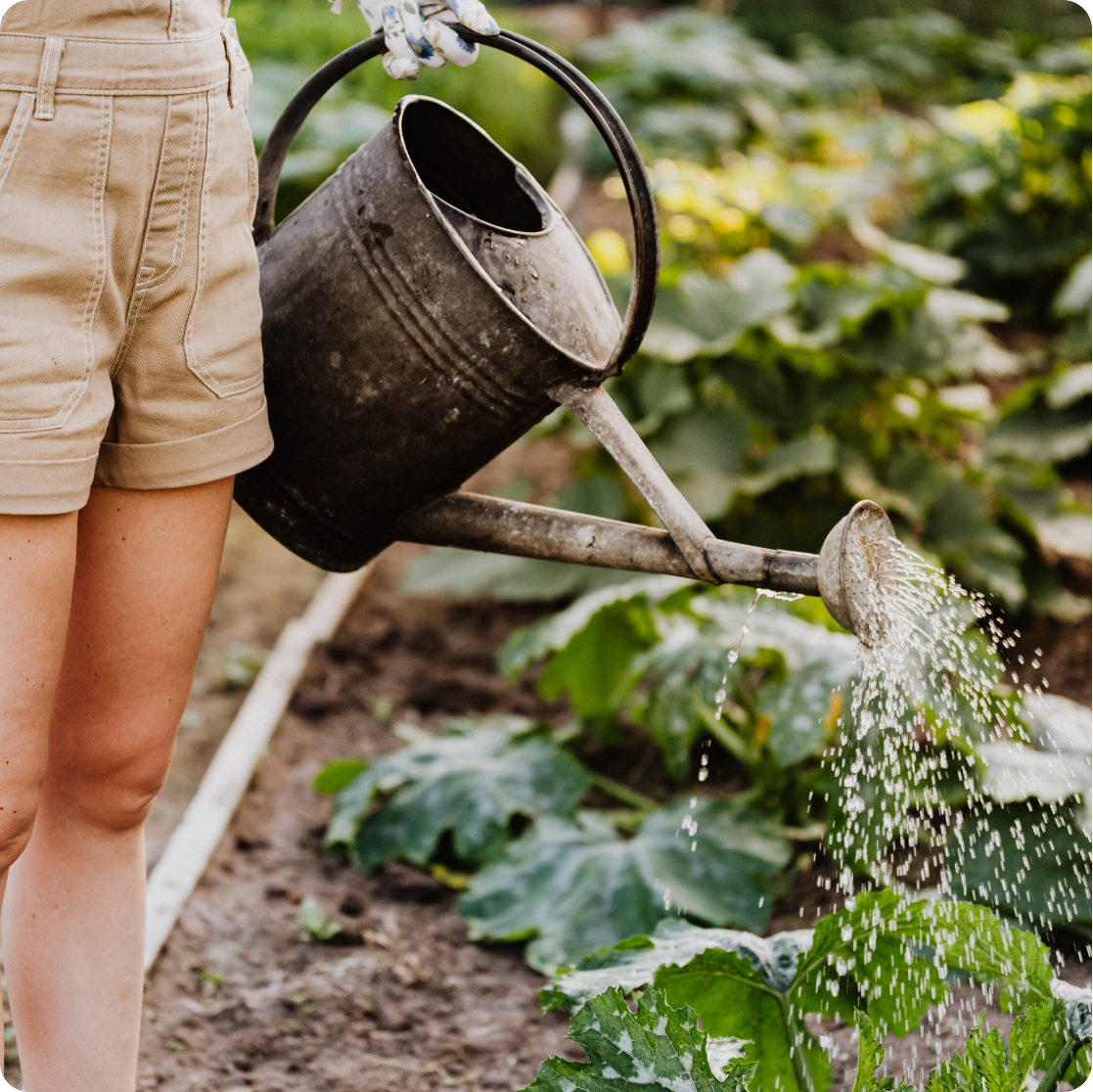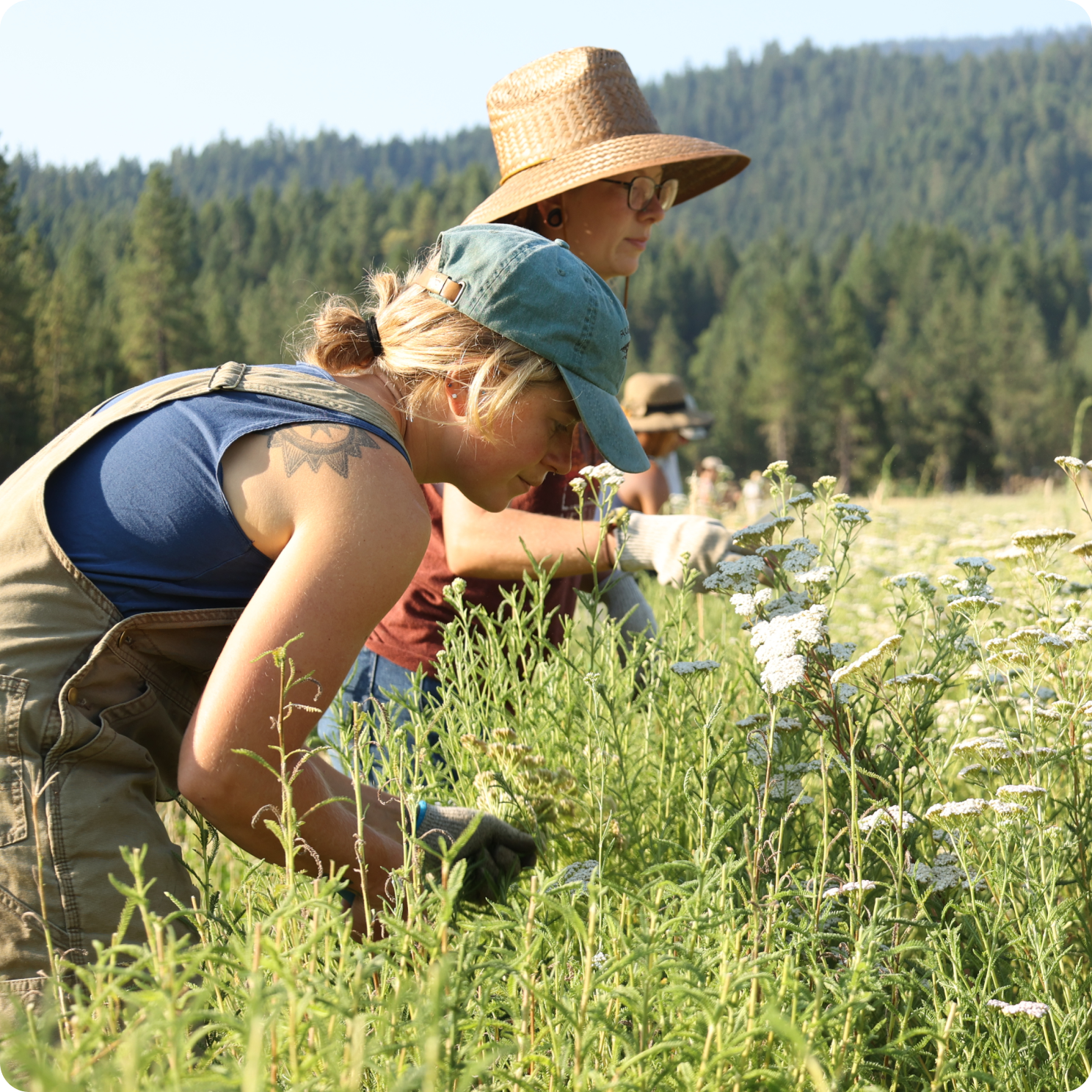
Daily WellnessOct 6, 2022
3 Things You Can Do About Climate Change
If you’re concerned about the climate crisis, you’re not alone. As stewards of the Earth, nurturing the land
is more than just a cause for us—it’s our reason for being. We take care of plants so they can take care of
people. Combating climate change may involve changing the way we live and do business, but it doesn’t have
to be complicated.
Here are 3 simple things you can do to make a difference.
Avoid Plastic
Most plastic waste comes from food packaging. Try shopping more local farmers markets and see if your
local grocery store has a bulk aisle. You’d be surprised what you can find there and keep in reusable
jars. Forgoing the packaging could even lower your grocery bill. And you don’t have to buy fancy storage
jars—washing out an empty tomato sauce or pickle jar with a good lid does the trick just fine.
Be Mindful About Water
Water conservation is something everyone can help with. Do the basics—like sweeping your deck and
driveway instead of hosing it off, control hoses with an automatic shut-off nozzle, replace your lawn
with drought tolerant native plants and only run the dishwasher when it’s completely full. Get even more
water conservation tips from the The Department of Energy and Environmental Protection
Buy From Regenerative Organic Farms
If you’re already interested in health and wellness, you know there are benefits to buying USDA Organic
products. Buying organic is great, but buying Regenerative Organic Certified® takes
things to the next level. And, it’s a
pretty exciting and empowering tool to combat climate change.
Above and Beyond Organic
When you buy from Regenerative Organic Certified® farms, you're getting everything you care about and more.
Being Regenerative Organic Certified® means we meet all of the USDA Organic standards (like being non-GMO
and having no synthetic ingredients) as well as:
- Stricter soil health requirements (including the use of compost, cover crops, low to no tilling, crop
rotation and intercropping).
- Social fairness requirements for farmers and workers.
Why This Is Necessary
If we want to do something about climate change, we have to change our food and fiber systems. Industrial
agriculture accounts for 25% of global carbon emissions. Regenerative Organic farming practices sequester
more carbon, increase organic matter in soil, enhance biodiversity and keep toxic chemicals out of the
air, water and soil.
Feeling inspired? Us too!
Share if you have any questions about Regenerative Organic practices, we’d love to hear them. Just head on
over to Instagram or
Facebook and leave us a
comment.















